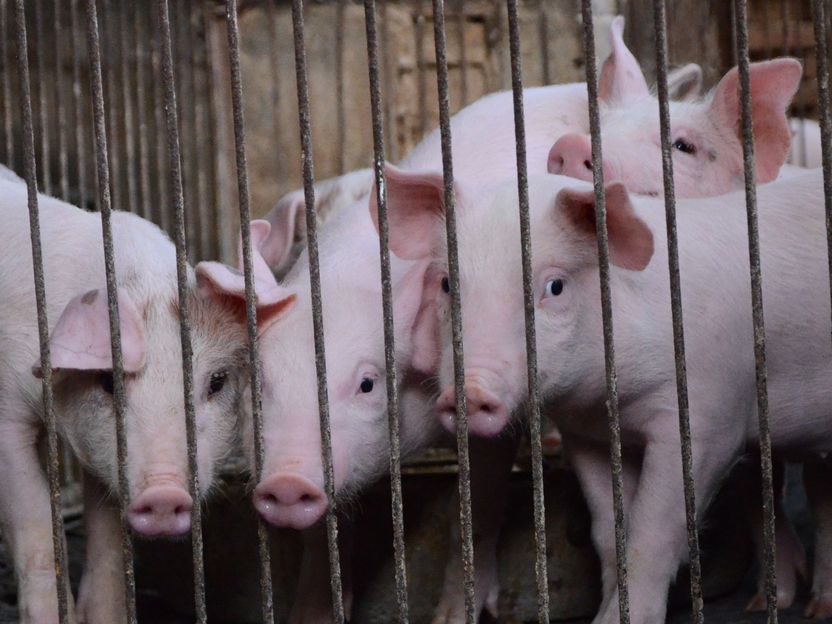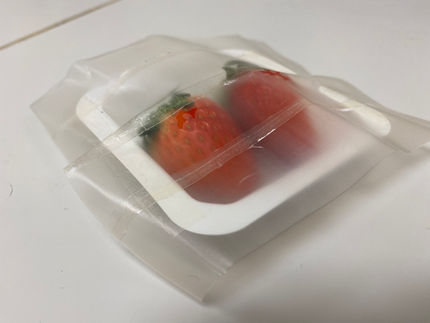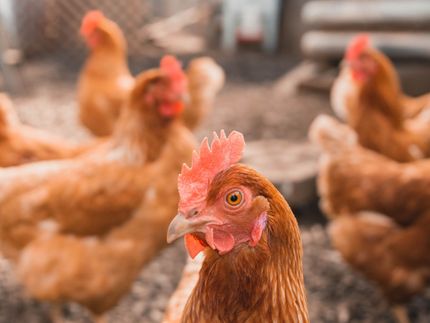Lawyers wrap up case blaming pork giant for ghastly smells
Industrial-scale hog producers knew for decades that noxious smells from open-air sewage pits tormented neighbors but didn't change their livestock-raising methods to keep production costs low, the lawyer for farm neighbors told jurors in a federal lawsuit Tuesday.

pixabay
The first in a series of federal suits raising accusations of nauseating hog operations in eastern North Carolina headed to a 10-member jury after attorneys summarized the evidence presented at a three-week civil trial. The test case involved 10 neighbors of one, 15,000-hog operation producing an estimated 76 tons of waste per day.
More than 500 neighbors in nearly two dozen lawsuits contend they have suffered for decades from open-air cesspools that afflict them with intense, putrid smells that can't even be removed from clothing. The lawsuits targeted the hog-production division of Virginia-based Smithfield Foods, which uses strict contracts to dictate how farm operators raise livestock that Smithfield owns. Smithfield was bought in 2013 by China's WH Group, the world's largest pork producer.
Smithfield Foods hasn't changed the locally dominant method of hog waste disposal since intensive hog operations multiplied in North Carolina in the 1980s and '90s. The practice involves housing thousands of hogs together, flushing their waste into holding pits, allowing bacteria to break down the material, then spraying the effluent onto fields with agricultural spray guns.
Neighbors say the spraying sends the smells and animal waste airborne, allowing it to drift into their homes and sometimes coat every outdoor surface.
"They know there's a problem. They know there's a fix. They willfully choose to do nothing about it," Michael Kaeske, a Dallas, Texas-based lawyer representing the farm's neighbors, told jurors. "We've been treating waste as a society for hundreds of years. There are superior technologies."
He said Smithfield won't change because their methods keep pork production costs lower than in China.
Despite pressure from North Carolina officials nearly two decades ago to adopt less offensive technologies, Smithfield and its local farm operators have kept their business model with the backing of friendly state politicians, he said. In contrast, Smithfield Foods began covering its waste pits in another state, Missouri, after a legal threat from its attorney general, Kaeske emphasized. In Missouri, the waste is dripped onto fields from low-mounted hoses on tractors.
Implementing similar practices on 2,000 North Carolina hog operations would cost about $500 million, about half of Smithfield's after-tax profits for one year, Kaeske added. He told jurors that punishing Smithfield with a big-money jury verdict is necessary to force the company to spend the money and respect its neighbors.
"Why are we talking about money? That's what they understand. To award the amount of money needed to make it stop," he said.
Smithfield attorney Mark Anderson said it's too soon to herald new technologies, which haven't proven particularly effective in North Carolina. He told jurors the smells, traffic and noise don't hurt neighbors' ability to enjoy their own property. And before lawyers came looking for a payday, any complaints were negotiated by operators and neighbors between friendly greetings, he said.
"Why are they suing Smithfield? They're suing Smithfield because Smithfield is a big company," said Anderson, who practices in Raleigh and New York City. Jurors should reject the plaintiffs' "anti-agriculture, anti-corporation" rhetoric.
Most read news
Organizations
Other news from the department business & finance

Get the food & beverage industry in your inbox
By submitting this form you agree that LUMITOS AG will send you the newsletter(s) selected above by email. Your data will not be passed on to third parties. Your data will be stored and processed in accordance with our data protection regulations. LUMITOS may contact you by email for the purpose of advertising or market and opinion surveys. You can revoke your consent at any time without giving reasons to LUMITOS AG, Ernst-Augustin-Str. 2, 12489 Berlin, Germany or by e-mail at revoke@lumitos.com with effect for the future. In addition, each email contains a link to unsubscribe from the corresponding newsletter.



























































